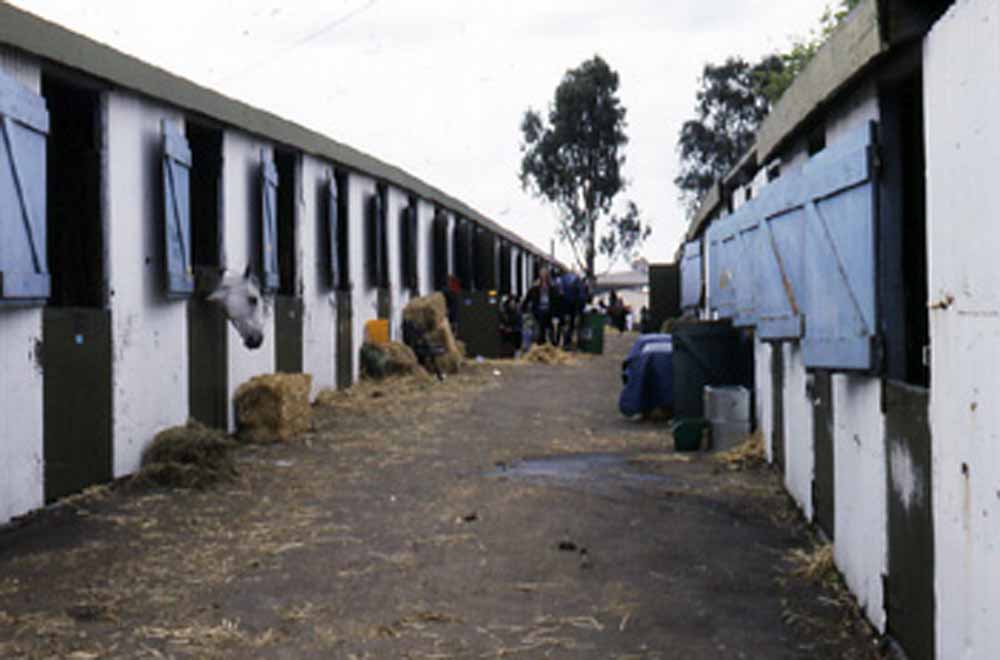Do you want to work with horses? Do you work at a riding school, racecourse or horse farm?
This course is perfect for those seeking a qualification in the management of horses. 
This course will provide you with the knowledge to become a manager, supervisor or employee in the horse industry. You will study:
-
Horse Care I, II and III
-
Management
-
Office Practices
-
Business Operations
-
Marketing Foundations
This course also requires the completion of a 200hr workplace project on the horse industry, allowing you to gain practical knowledge and an understanding of the industry.
This course is internationally accredited through I.A.R.C.